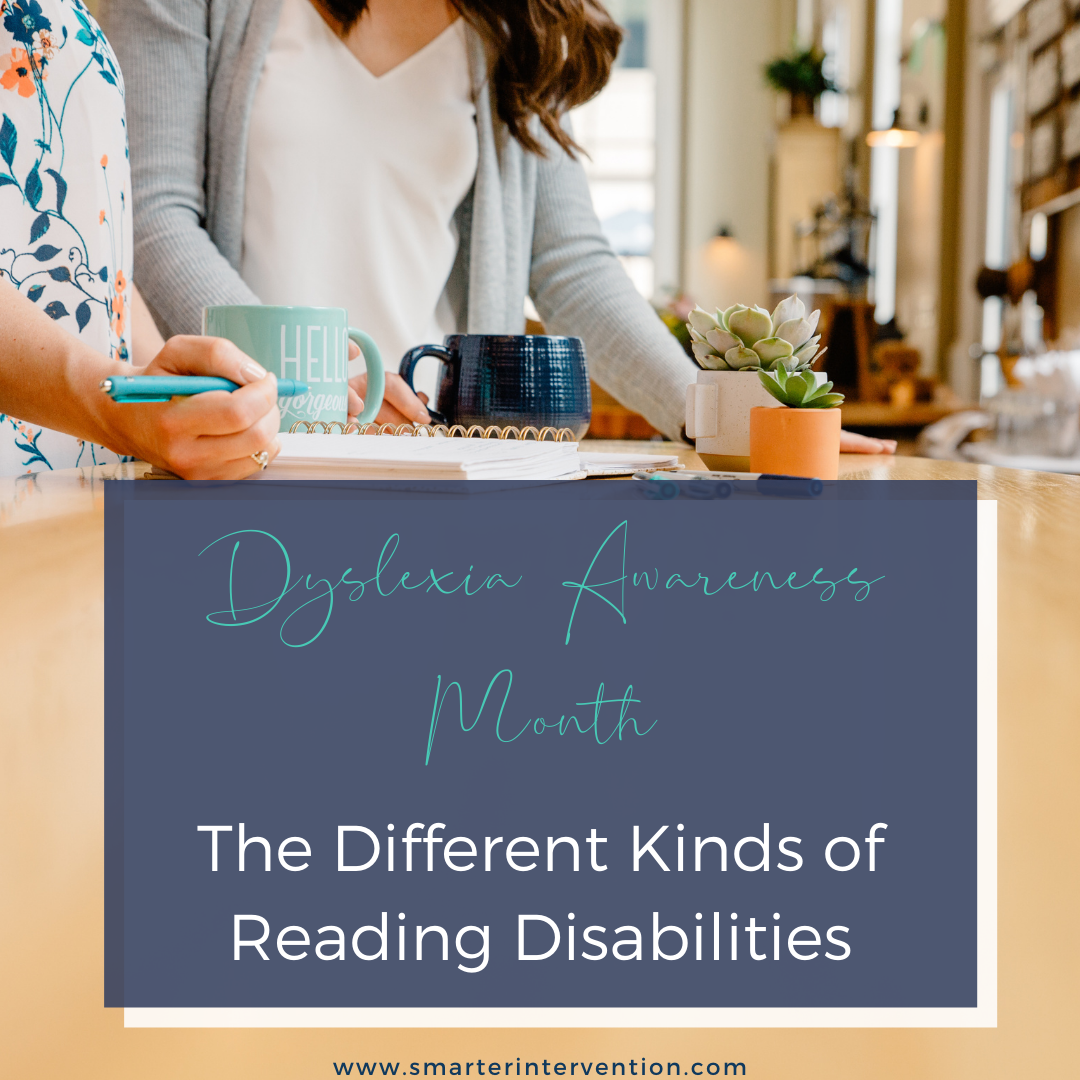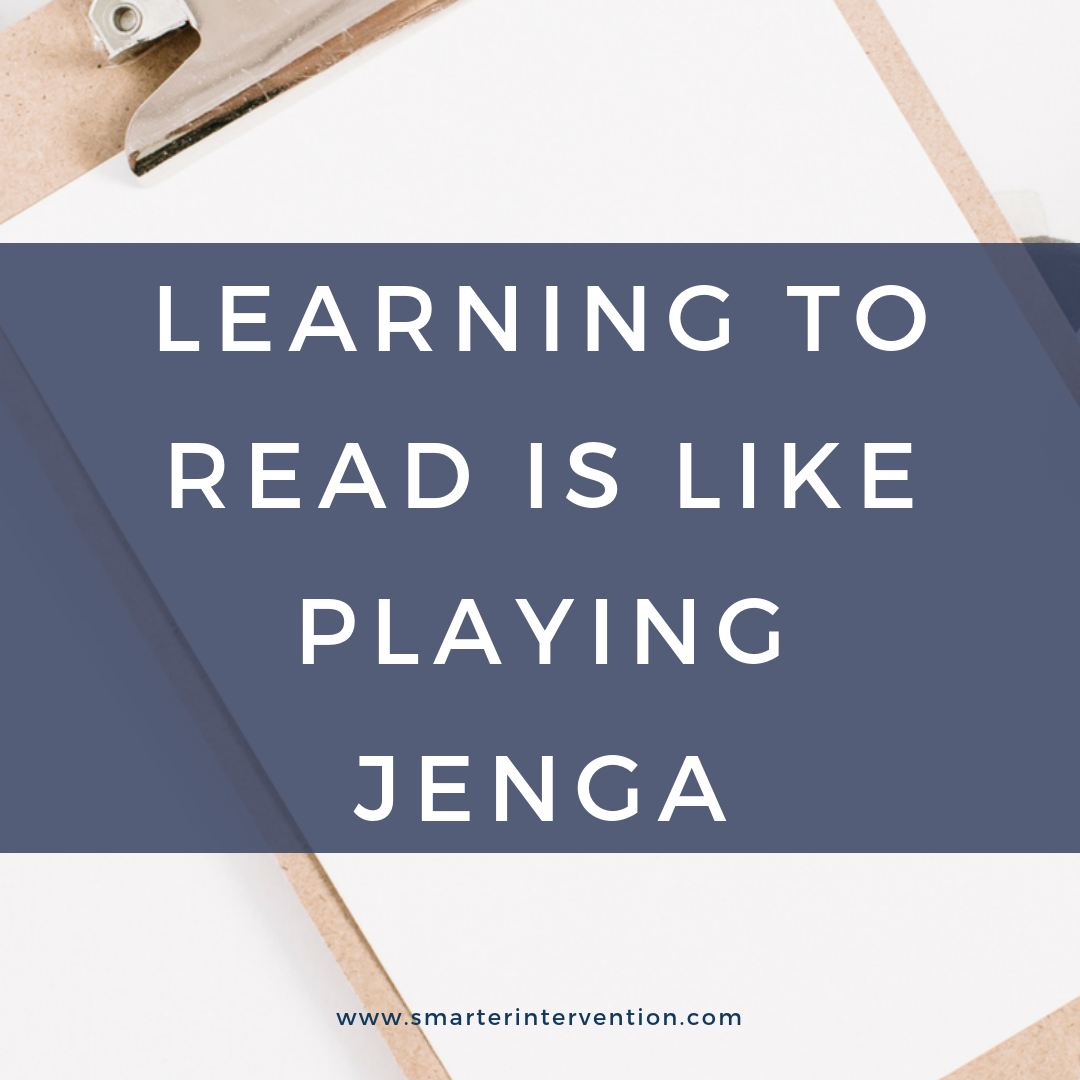Science-based literacy resources and articles
for families, educators and schools
Search by Category:
Categories
- Advocacy
- Authentic Literature
- Business
- Comprehension
- Data Tracking
- Differentiation
- Dyslexia
- Evaluation and Assessment
- Executive Functioning
- Games & Activities
- Helping My Child At Home
- How To
- IEP/504 Plan
- Lesson Planning
- Math
- Online Intervention
- Organization
- Parents
- Phonics
- Phonological Awareness
- Reading Comprehension
- Reading Fluency
- Research
- SLP
- Spelling
- Vocabulary
- Writing
The Different Kinds of Reading Disabilities
Many students struggle to learn how to read effectively or efficiently.
RESEARCH INDICATES THAT THERE ARE THREE DIFFERENT TYPES OF READING DISABILITIES.
These three types of disabilities relate to (if you know us…you’re probably guessing it right now!!!)
YEP…..
The Literacy Processing Triangle
How to Teach Vocabulary Explicitly
Whenever we talk about literacy, we always come back to this literacy processing triangle. Now, many reading intervention programs do a nice job of connecting the bottom points of the triangle by working on the orthography to phonology connection. Much less frequently, we see the third point, semantics, tied into a program
Learning to Read is Like Playing Jenga
When we think of Reading Intervention, we often refer to the Jenga Tower. This stems from the game Jenga where players take turns strategically pulling blocks out of a tower. Each block is then placed on top of the tower, creating a progressively taller and more unstable structure.
Understanding the Necessary Neural Connections for Literacy Acquisition
Okay everyone, we’ve got some heavy stuff for you this Friday. But here’s the thing we are super amped up about it right now because we are at the International Dyslexia Association National Conference and just had the opportunity to present this information about our favorite thing since sliced bread.
How Do I Pick Relevant Activities for My Reading Intervention Students?
So this can be one of the most challenging things we face as reading interventionists - what activities do I pull to target specific weaknesses for my struggling readers? And how can I do that without spending a TON of extra time that I don’t really have?
We all want the very best for our students, it’s our mission and our goal to be providing the best possible instruction to help completely eliminate reading and spelling gaps.






